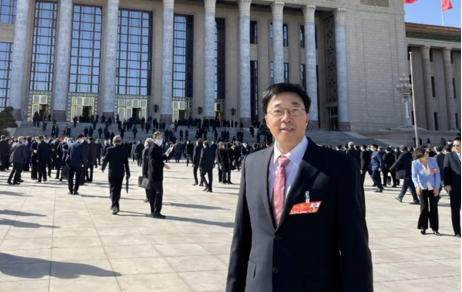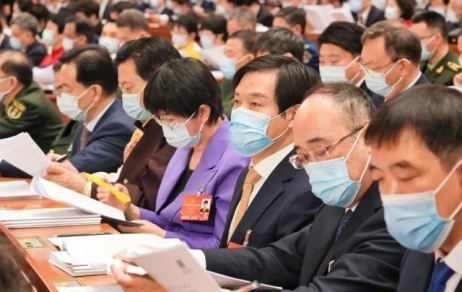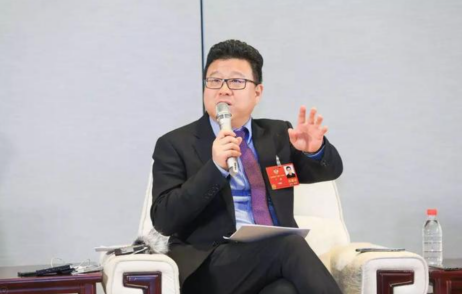
Editing by Greg Gao
Several top influential Chinese technology executives announced their proposals to the country’s ongoing two annual government conferences, referred two as “Two Sessions” recently, with appeals to further develop semiconductor, EV, high-power charging infrastructure, and intellectual property protections.
The Two Sessions are China’s National People’s Congress (NPC), and the Chinese People's Political Consultative Conference (CPPCC), which kicked off the 2022 sessions on March 5.
Deng Zhonghan, an NPC deputy & CPPCC member and an academician of the Chinese Academy of Engineering, submitted his proposal on China’s promoting breakthroughs in the semiconductor industry in the post-Moore era.

He suggested further expanding the scale of the central government’s funds for the IC industry, known as the Big Fund, and providing policy support for the listing and financing of IC companies.
Lei Jun, CEO of Xiaomi, China’s leading global smartphone and consumer electronics company, called for more policy support to accelerate the construction of high-power fast-charging infrastructure for EVs; build a carbon footprint accounting system and further improve the recycling of electronic waste. Xiaomi has been engaged in building its electric vehicles since last year.

Lei Jun recommended building a national innovation cooperation platform, formulating a catalog of advanced high-power charging technologies, accelerating the establishment of a collaborative R&D mechanism for enterprises and research institutes.
Ding Lei, founder, and CEO of NetEase, a leading Chinese Internet company, submitted his calling for more intellectual property protection.

He put forward the idea that China takes a lead in “building a global intellectual property digital trading platform to promote innovation.” He elaborated the pricing and trading system that can charge on demand, fairly and reasonably, and stimulate the innovation and creativity of the whole society. He also suggested increasing the punishment to deter infringement and piracy, establishing a blacklist for violators.
RELATED
-
BYD plans to establish a sodium-ion battery plant in eastern China’s Xuzhou with an investment of RMB10 billion ($1.4 billion)
11-20 17:51 -
European Commission President von der Leyen will visit China in wake of the EU’s ongoing probe into China’s subsidies on EV industries
11-20 16:59 -
Chinese auto giant Changan Automobile plans to launch eight self-developed battery cells in the future
11-20 16:26
READ MOST

No Data Yet~







